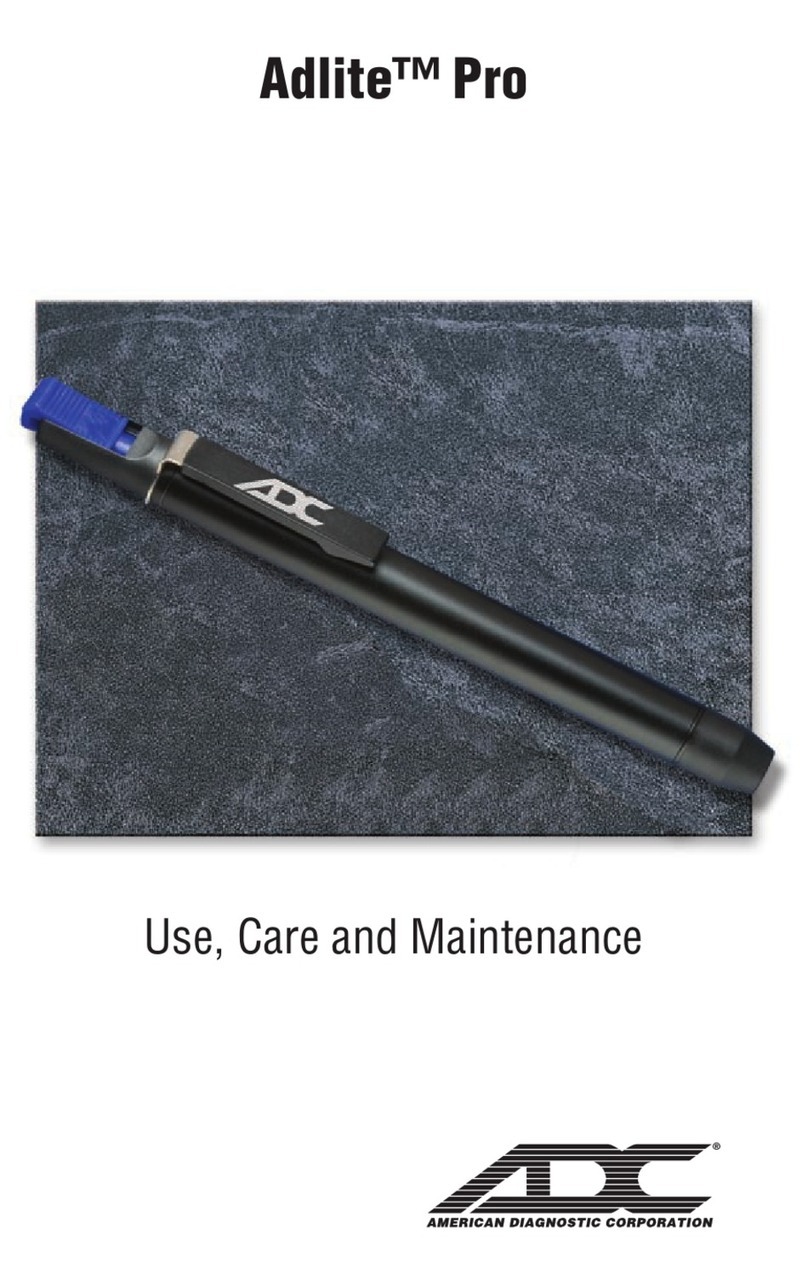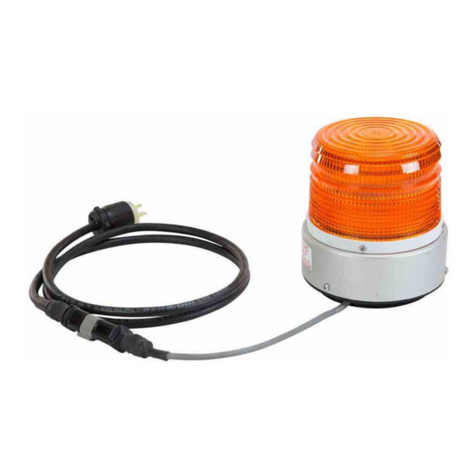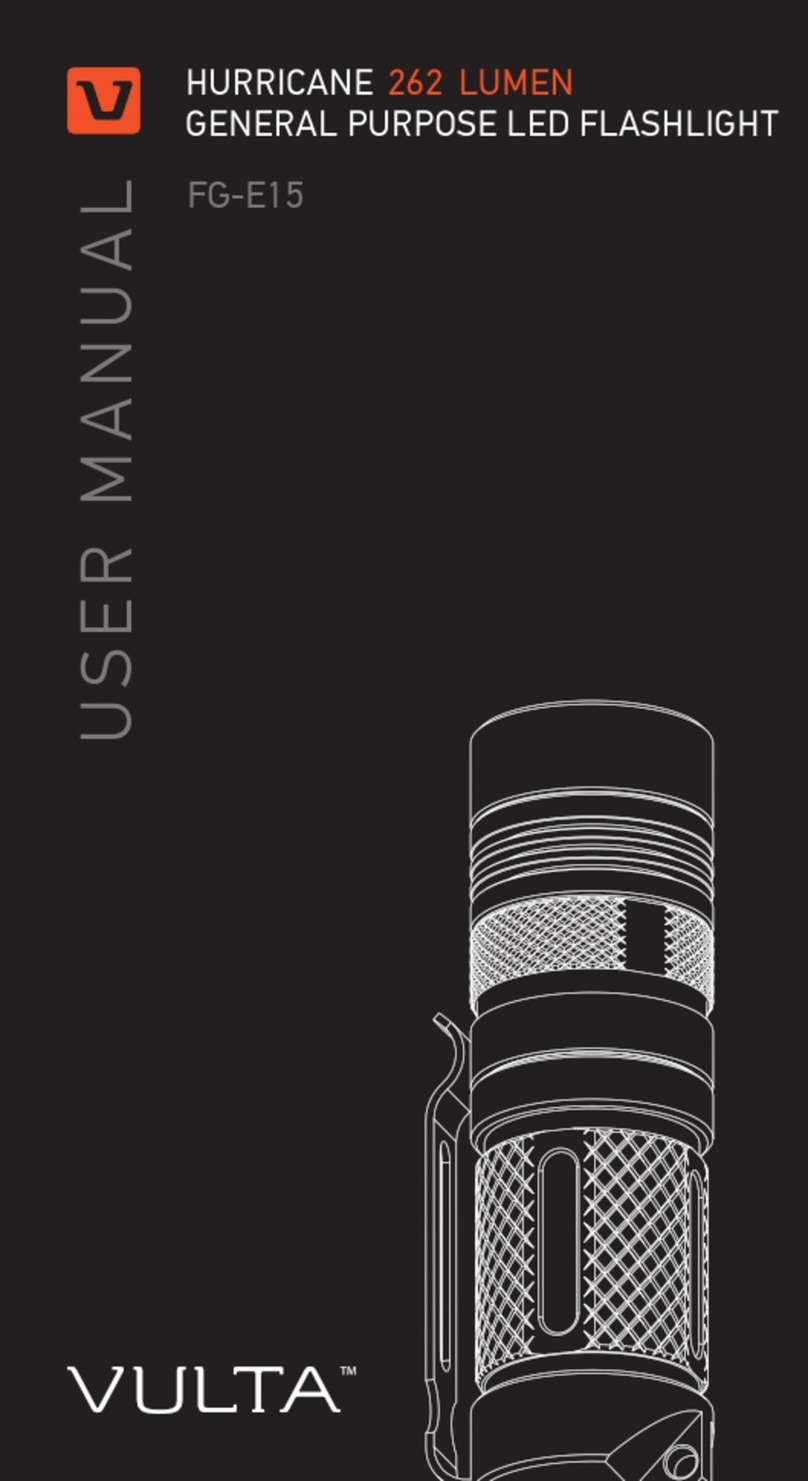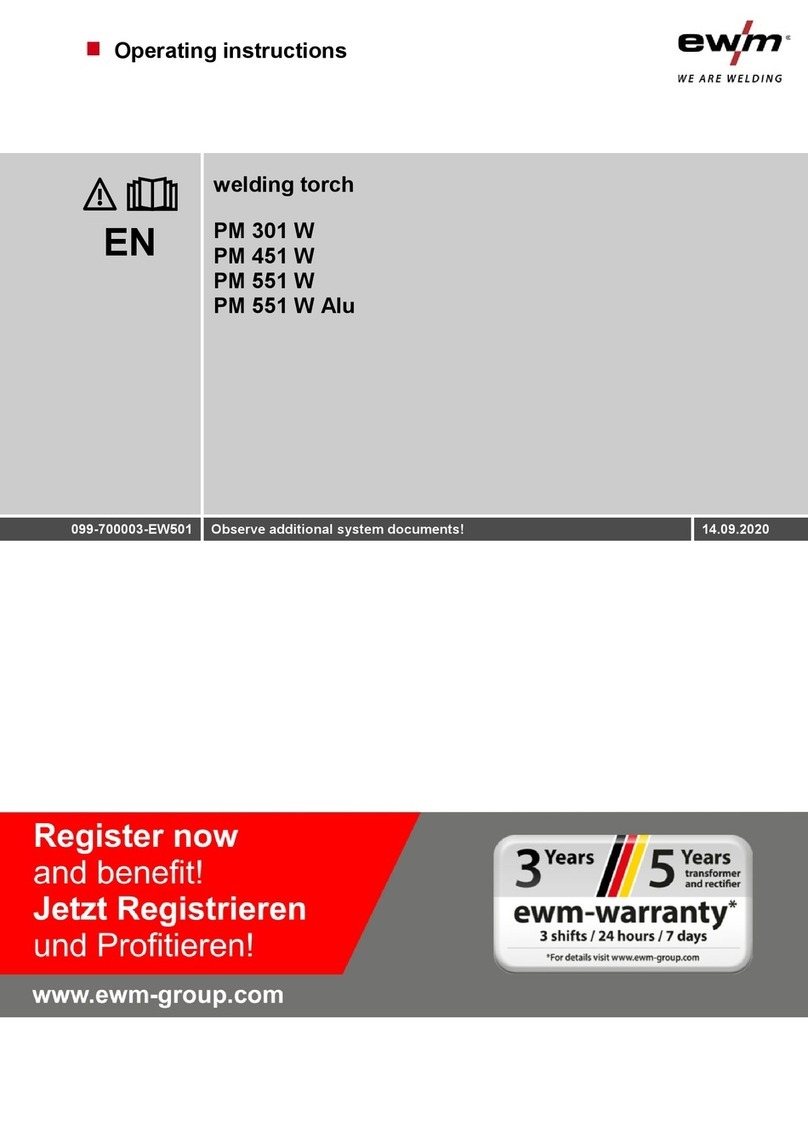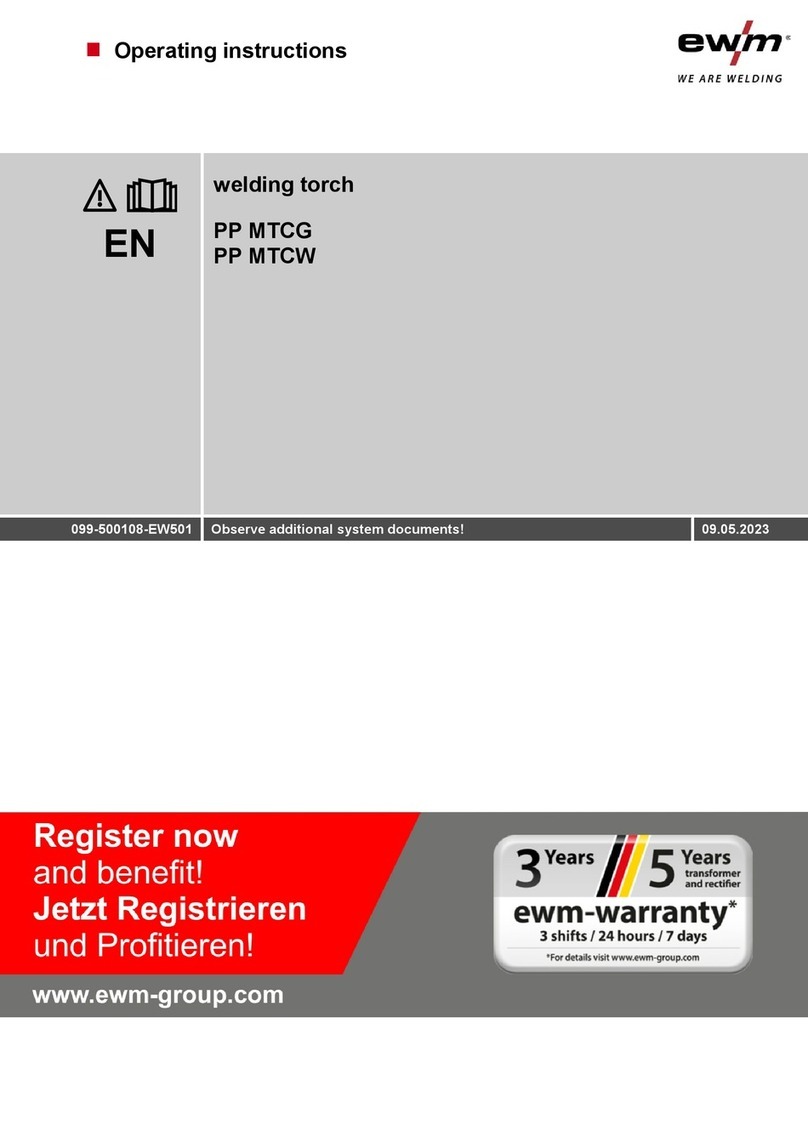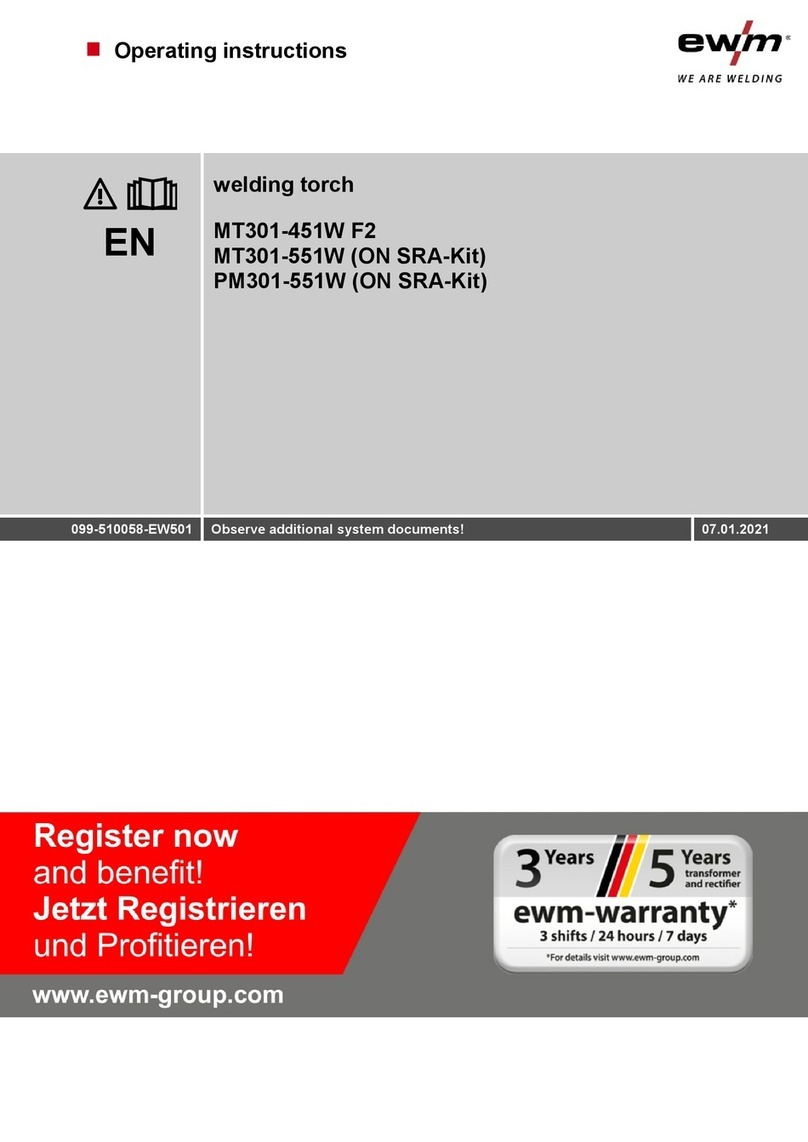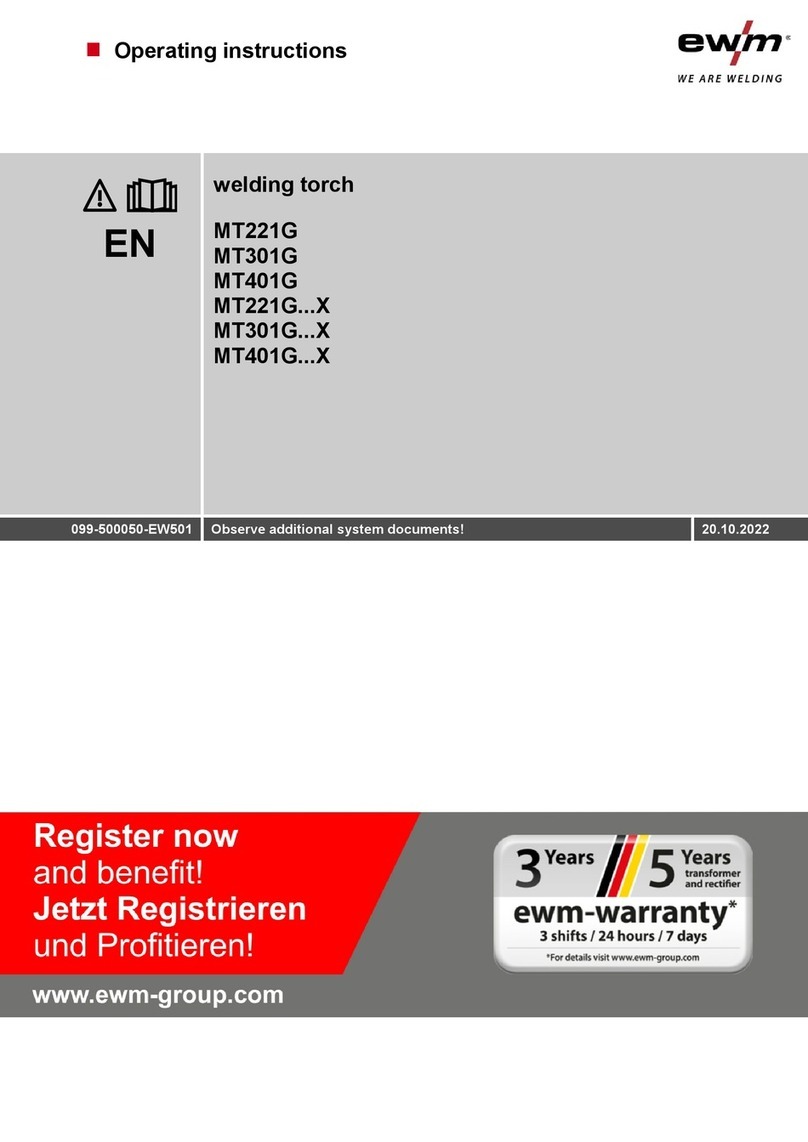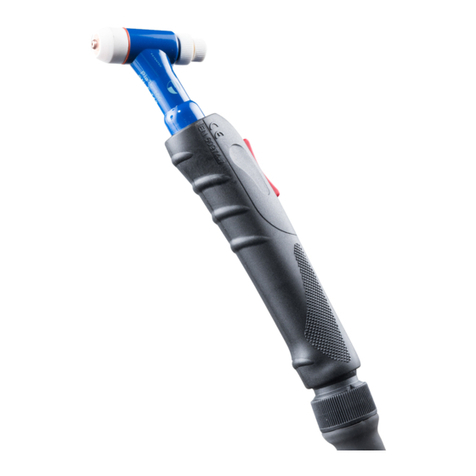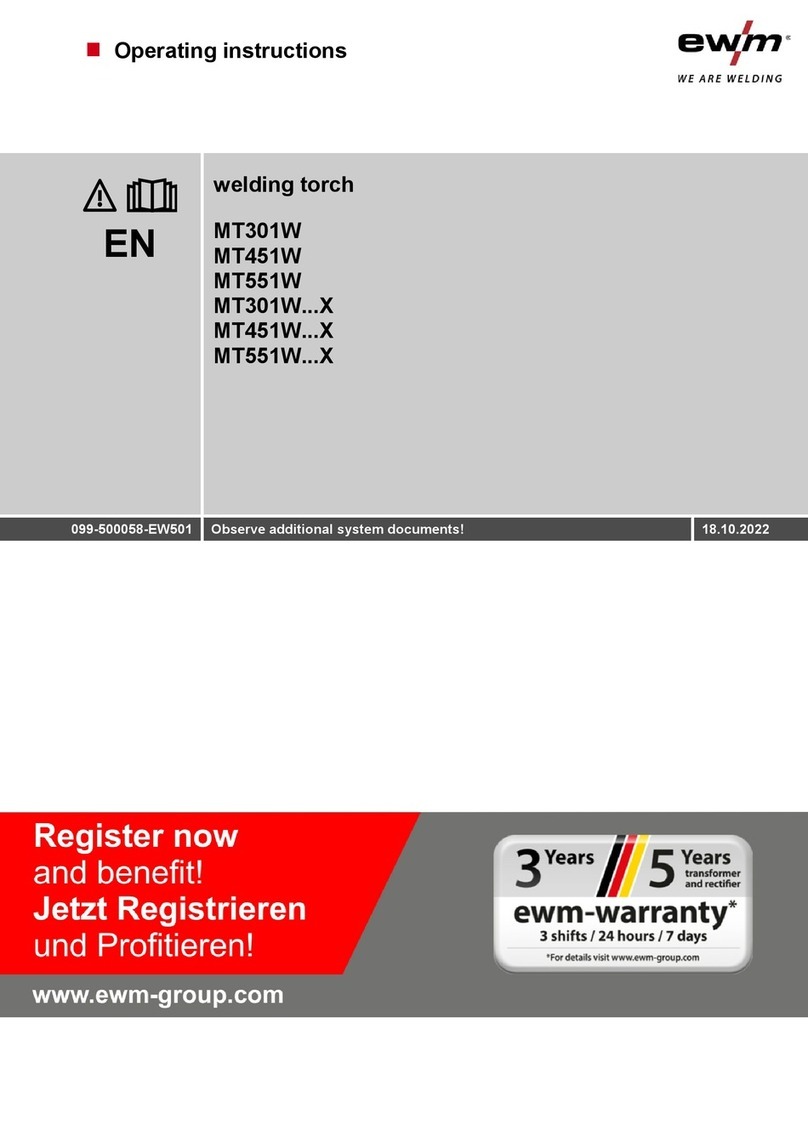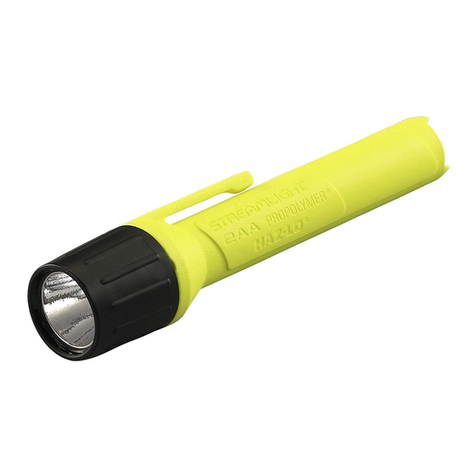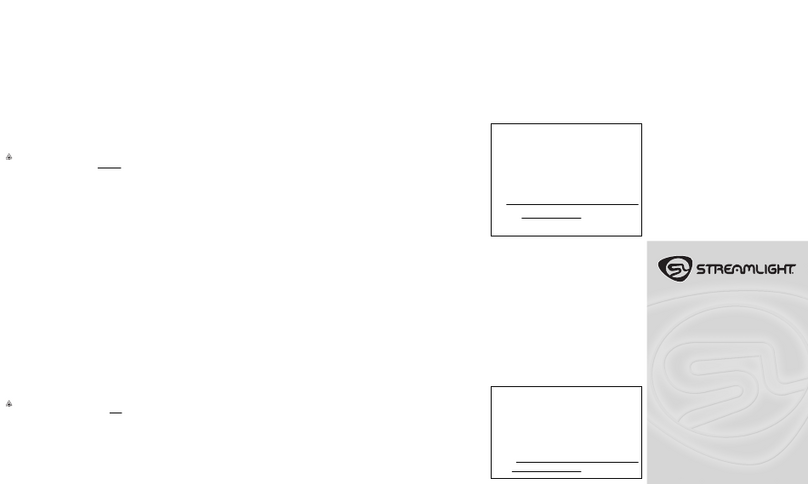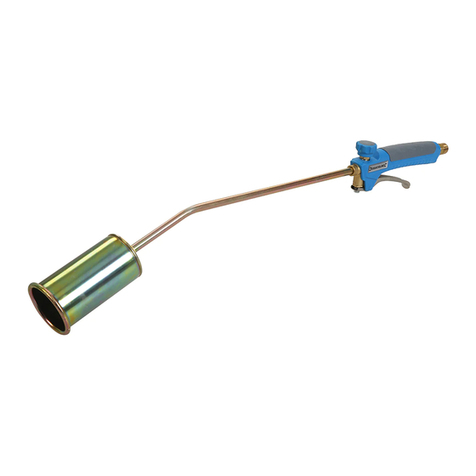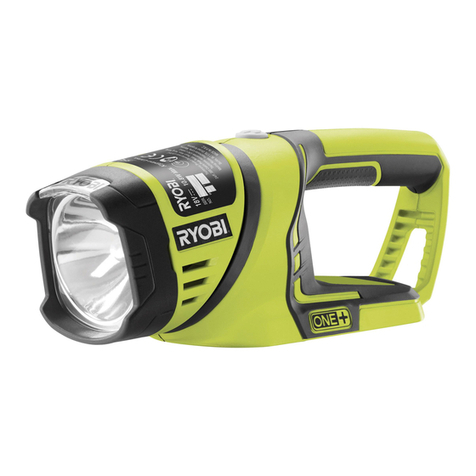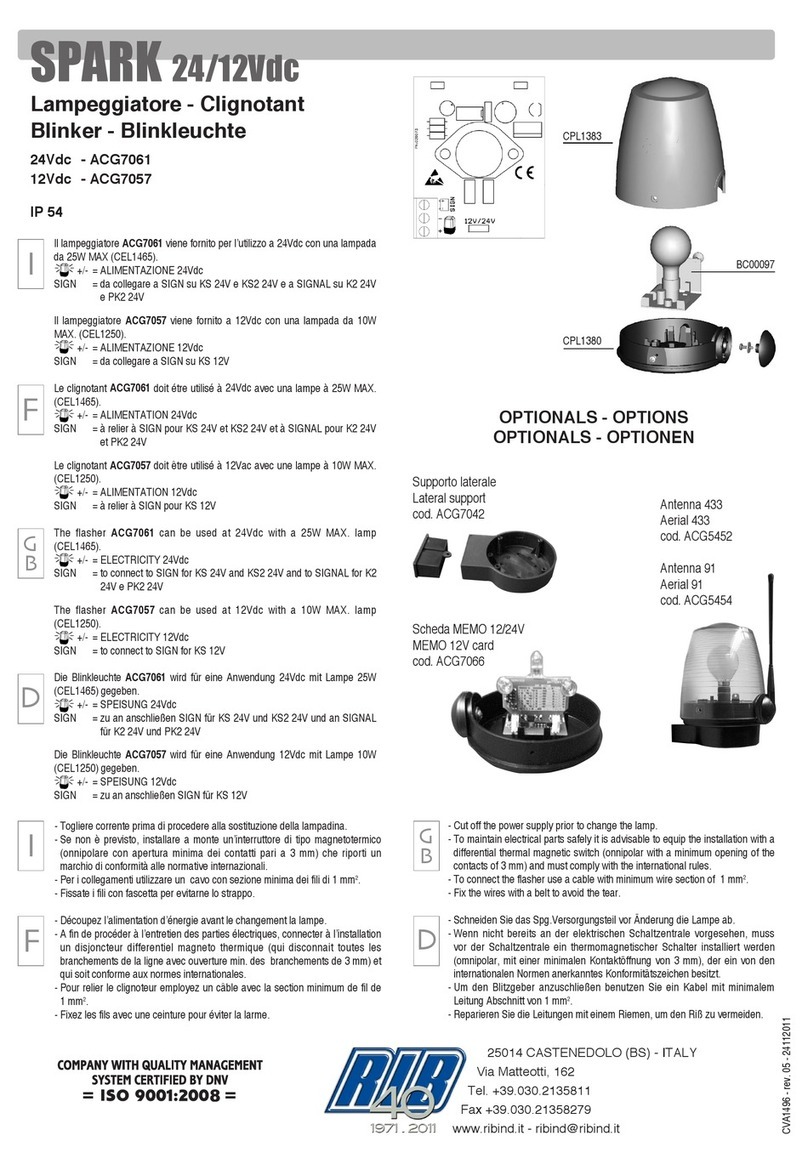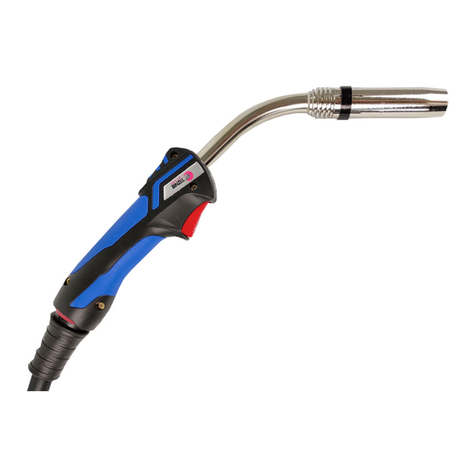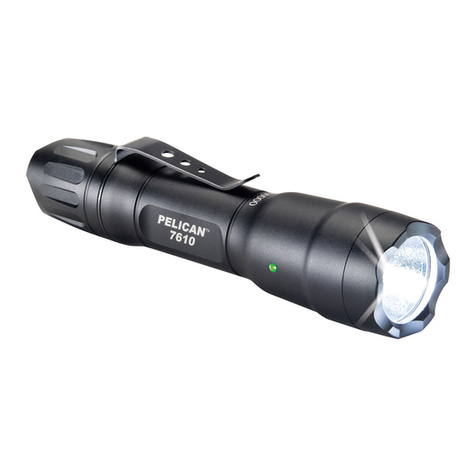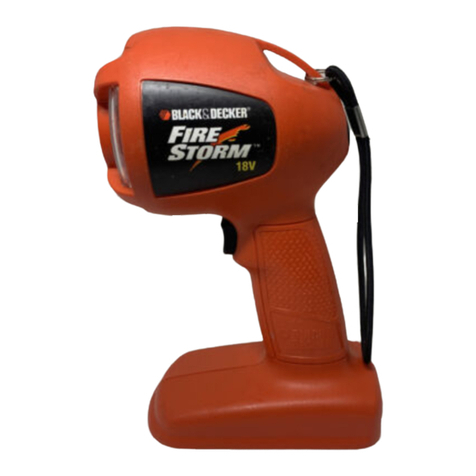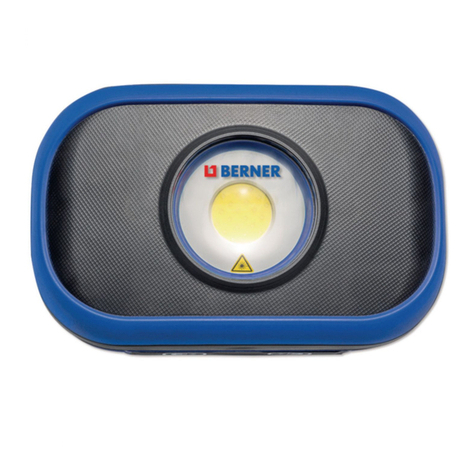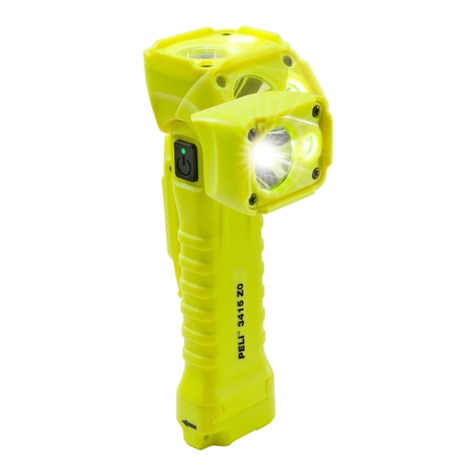
Contents
Notes on using these operating instructions
099-700000-EW501
15.01.2024
1 Contents
1Contents ........................................................................................................................................ 3
2For your safety ............................................................................................................................. 5
2.1 Notes on using these operating instructions ........................................................................ 5
2.2 Explanation of icons ............................................................................................................. 6
2.3 Safety instructions ................................................................................................................ 7
2.4 Transport and installation ................................................................................................... 10
3Intended use ............................................................................................................................... 12
3.1 Applications ........................................................................................................................ 12
3.2 Documents which also apply .............................................................................................. 12
3.2.1 Warranty ............................................................................................................. 12
3.2.2 Declaration of Conformity ................................................................................... 12
3.2.3 Service documents (spare parts) ........................................................................ 12
3.2.4 Part of the complete documentation ................................................................... 13
4Product description – quick reference ..................................................................................... 14
4.1 Product variants ................................................................................................................. 14
4.2 Standard welding torch ...................................................................................................... 15
4.3 Function torch .................................................................................................................... 16
4.4 Euro torch connector without control cable ........................................................................ 16
4.5 Euro torch connector with control cable ............................................................................. 17
5Design and function ................................................................................................................... 18
5.1 Transport and installation ................................................................................................... 18
5.1.1 Ambient conditions .............................................................................................. 18
5.2 Function specification ......................................................................................................... 19
5.2.1 Settings ............................................................................................................... 19
5.2.2 Operating elements in the machine .................................................................... 20
5.2.3 Operating elements for 2 U/D / 2U/D X welding torches ..................................... 20
5.2.4 Operating elements for the RD2 X welding torch ................................................ 21
5.2.4.1 Welding data display ............................................................................ 22
5.2.5 Operating elements for the RD3 X welding torch ................................................ 22
5.2.5.1 Welding data display ............................................................................ 23
5.2.5.2 Programs, setting operating points ...................................................... 24
5.2.5.3 Component management on the welding torch ................................... 26
5.2.5.4 LED lighting ......................................................................................... 27
5.3 Configure welding torch ..................................................................................................... 27
5.3.1 Using the torch key ............................................................................................. 28
5.3.1.1 Contact tip ........................................................................................... 28
5.3.1.2 Contact tip holder................................................................................. 28
5.3.2 Turning the torch neck ........................................................................................ 29
5.3.3 Changing the torch neck ..................................................................................... 29
5.4 Equipment recommendations............................................................................................. 31
5.5 Adapting the Euro torch connection on the device ............................................................. 33
5.5.1 Liner .................................................................................................................... 33
5.5.2 Guide spiral ......................................................................................................... 33
5.5.3 Assemble the wire guide ..................................................................................... 33
5.5.3.1 Liner ..................................................................................................... 33
5.5.3.2 Guide spiral ......................................................................................... 36
6Maintenance, care and disposal ............................................................................................... 40
6.1 General .............................................................................................................................. 40
6.1.1 Identifying damage or worn components ............................................................ 40
6.1.2 Maintenance and care before each use .............................................................. 42
6.1.3 Regular maintenance .......................................................................................... 42
6.2 Disposing of equipment ...................................................................................................... 43
7Rectifying faults ......................................................................................................................... 44
7.1 Checklist for rectifying faults............................................................................................... 44
8Technical data ............................................................................................................................ 45
8.1 PM 221-, 301-, 401 G ......................................................................................................... 45
